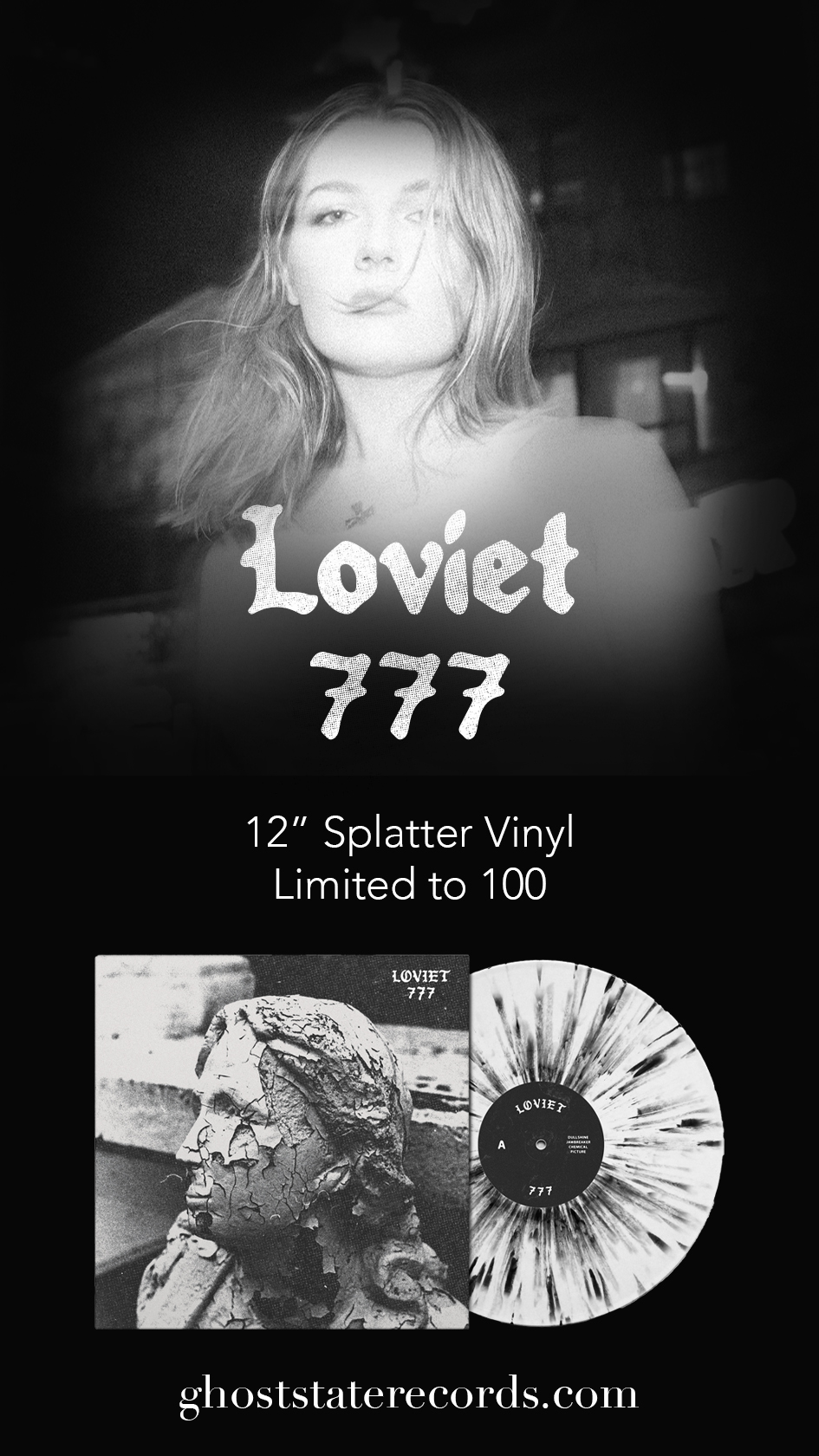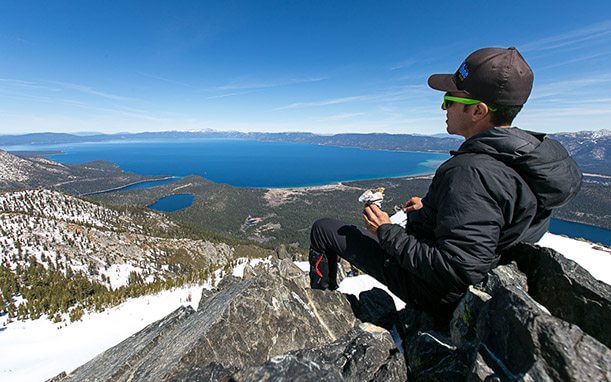
September, 2024
“We had a couple of classes together in junior high,” Tony Reflex, vocalist of the legendary Orange County punk band The Adolescents, says of a friend, in this case Greg Kuehn who would later go on to join the band TSOL, when remembering what originally drew him to punk. “We had a teacher that would let you bring records in and would play them. So we were bringing in records that were off the beaten path. They weren’t Kansas or Nazareth or The Eagles, the bands that were real popular at the time. We were bringing in stuff like The Sweet and The Ramones. I tried to bring in the Sex Pistols but that wouldn’t fly at all with the teacher.”
Listening to bands like the Buzzcocks, The Germs, and The Clash when the music was a force against the business as usual stagnancy and convention of the Southern California suburbs, Reflex would form The Adolescents in 1980 with his friend, Steve Soto. The band’s self titled ‘Blue album’ remains a staple on essential punk albums from the early California era of punk output. Songs describe miscreant youth, violence as self defense but also Reflex’s long held refusal to resort to violence against others, and Orange County’s punk scene standing its own ground separate from the more well known Los Angeles scene at the time.
“I came from a broken home, I was the oldest,” Reflex explains of the home life that would surface in the lyrics he wrote. “I provided a lot of care for my siblings – getting them ready for school and feeding them. Literally I was a child raising children. So when punk rock came along I thought it was tailored to me. You know, The Ramones had torn blue jeans, and I was poor so my clothes were torn up and tattered. When I saw The Ramones I didn’t think of that as a look, I thought that they came from poverty too. In my way of thinking they were a bunch of poor guys that had leather jackets, but they had to be poor because their pants were torn like mine.” It’s easy for Reflex to recall the period of time now, however the tumultuousness can be heard in the gutteral rage that comes through those early Adolescents recordings.
“Being poor in a middle class neighborhood meant that you were an outcast from the rest of the people that were in the middle class. They saw us as scroungy little rug rats, not a lot of respect for my mother, not a lot of respect for us as a whole.”
But if you listened to the Adolescents’ more recent work or performances, it’s hard not to be struck with the thoughtfulness the lies beneath the anger. In fact Reflex has just recently retired after a career as teacher, working with and advocating for children with autism and Asperger’s Syndrome in particular. His writings have appeared in various magazines and his music has been given to benefit recordings for children’s hospitals.
Reflex explains the extent that being harassed for being punk in the 1980’s in Southern California affected him.
“I had moved out of Orange County into a suburb called Glendora, which was at the time a very small city. I couldn’t go out in the daytime, because just like in Orange County I was subject to getting beaten up, or harassed in some manner. I just stayed in during the daytime and decided to go to school at night. I could go at dusk, ride a bike or walk or catch the bus without anybody seeing me, and I started going to night school.”
Reflex speaks softly, recalling his past with a calmness in stark contrast to his voice on Adolescents records, including recent albums like 2018’s Cropduster record.
“I liked it, so I just kept going. When the Adolescents toured, I would bring my books with me and study while I was touring. I would go to be teachers and say, ‘I’m in a punk rock band, I’m gonna be gone for three weeks, can I get my assignments or should I drop the class?’, and most of them were real accommodating. It was a lot of motivation on my part, but it was also a lot of support from the teachers that I had that encouraged me to do both.”
Reflex reflects on friend Steve Soto, the band’s bass player who passed away in 2018, saying Soto was always especially supportive of Reflex’s teaching career and family, and would schedule tour dates around Reflex’s work calendar.
The Adolescents continue to perform live and release new recordings, now 44 years after the band’s inception.
“When Steve and I started the band, we really didn’t think we were gonna make it past the end of my street,” Reflex says. Today you’d be hard pressed to find a book or account speaking on the history of California punk that doesn’t mention The Adolescents’ significance. Tony Reflex, speaking calmly, takes it in stride.
“We’re going to Japan next month. Going to Europe, playing in Reno, Corpus Christi… these are all places that I’d read about but I’d never been to when we started. These opportunities to go to other places and play our music is a big deal to me. And for people to be receptive – the message is better than the songs – and people listening to it still is touching and humbling. But certainly wasn’t something that I ever expected.”
Tony and The Adolescents will perform with Strung Out and A Wilhelm Scream at The Cypress in Midtown Reno on Tuesday, September 17th. The show is 21+
Tickets are available here.



